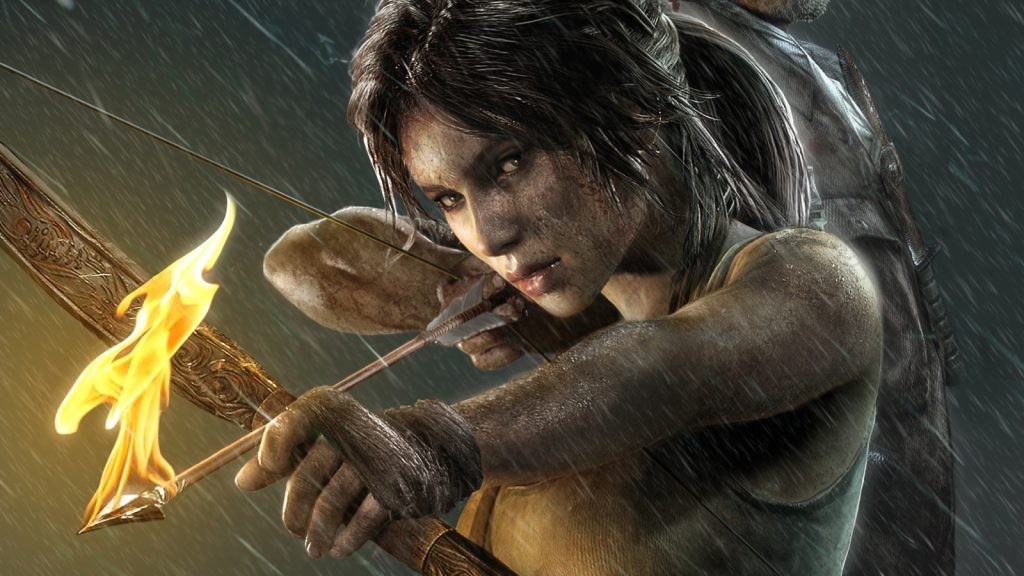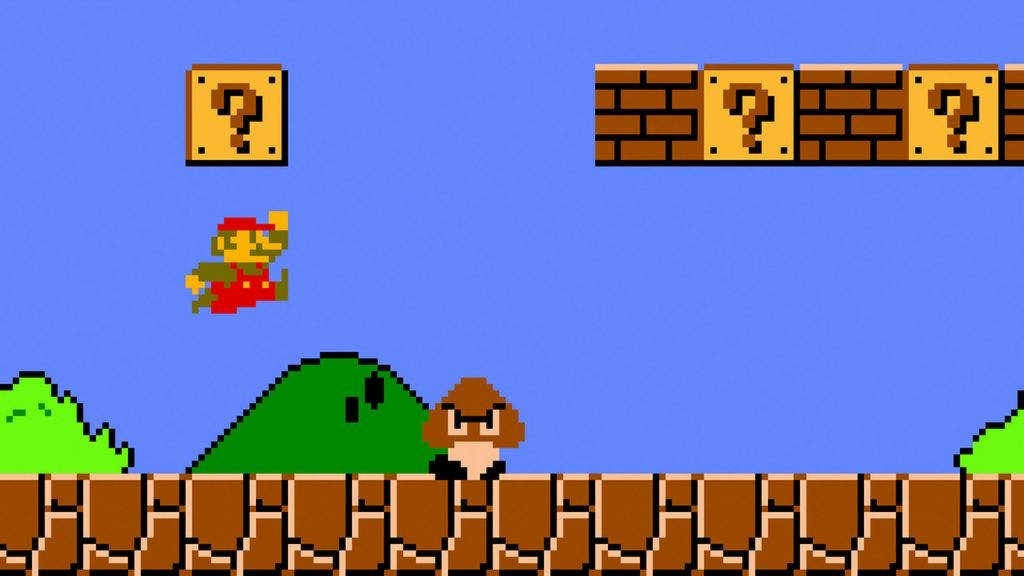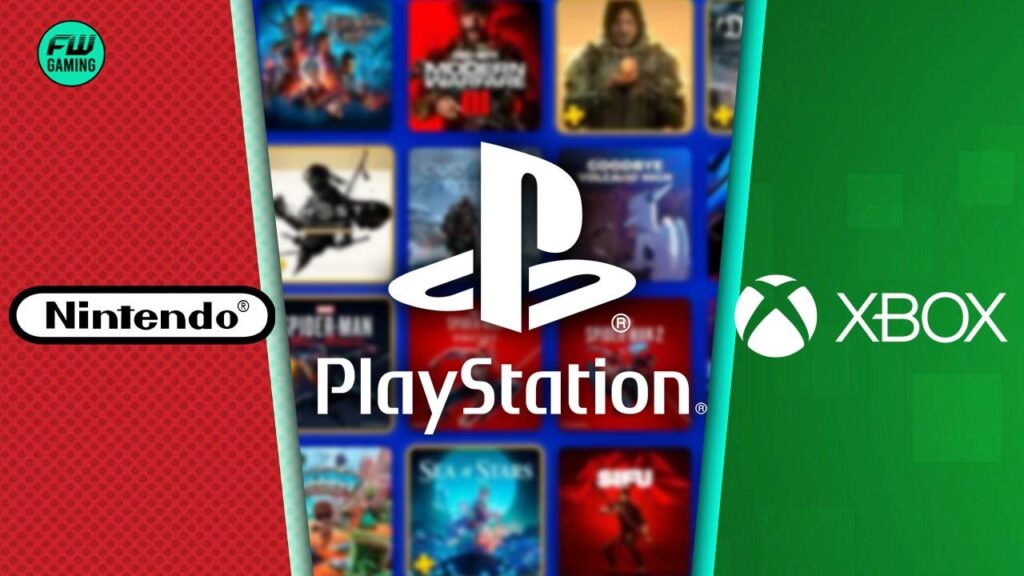The British Academy Film and Television Awards (BAFTA) held a public poll asking players to choose their most iconic video game character. The results list has been announced, but fans are not amused.
PlayStation, Xbox, and Nintendo are the big three in the console gaming market, with all three giants accounting for almost 95% of consoles. market. Console fans passionate about their love of video game characters are deactivating the list and vehemently voicing their displeasure on social media.
BAFTA becomes the accidental arbiter of the console wars


To give the reader some context, the discussion began at the following point. this list This book was published by one of the most respected names in film and television awards organizations. Furthermore, the British Academy also video game award ceremonyhas been around since 2004.
This is a survey of players, so questions about personal bias don't really mean much. That's natural. However, as soon as the list was published, players took to social media to express their displeasure.
Some people conducted a poll on Twitter to see if gamers on Twitter agree with this list. :
Some were even upset that some characters in a single piece of gaming were like; baldur's gate 3 It was more popular than characters that have been around for decades.
Some fans even accused BAFTA of regionalism.
From my observation, since this was a BAFTA game, I figured they would choose the most iconic British character
— sibe2004 (@sibeesh_p) April 4, 2024
Several Mario Fans were also clearly unhappy that the British Academy ranked the character below Lara Croft.
The list sparked an incredibly polarizing opinion on social media, with many players disagreeing not only with the ranking of their favorite console brand characters, but also with the basis for the list's rankings. . This was a rare opportunity for gamers to put their associations on the back burner.
BAFTA list ranks characters based on subjective parameters


Gamers are naturally passionate about their games, and naturally their favorite characters. But when you bring the subjectivity of human experience into gaming, it's clear that no two gamers will make the same choices or preferences.
While this list may have been an honest attempt to establish a clear winner or a biased publication, as many claim it is, the ranking parameters are vague and subjective. It certainly doesn't matter because it is. In fact, celebrating the video games that have shaped generations of gamers without ranking them is a better approach to honoring their legacy.
And as long as rankings are involved and the parameters are as subjective as they are in the list, the legitimacy of the verdict will always be ambiguous, especially if the percentage of votes received by different entries is not made public. It will be.
What do you think about this list? Do you agree or disagree with most of its contents and rankings? Let us know your opinion in the comments section below.


